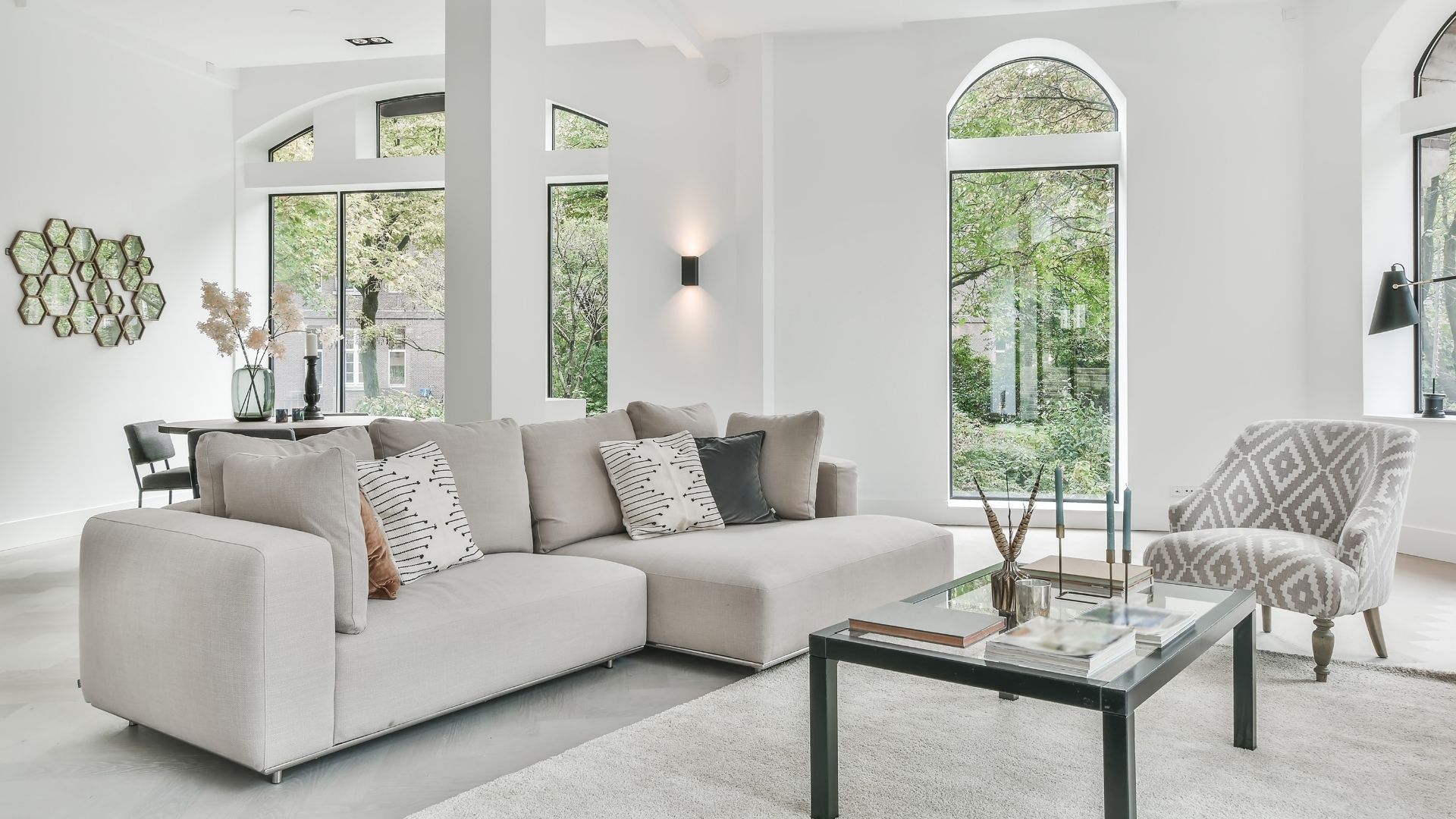Why The Subject Property Matters
When looking to qualify for a mortgage, typically, a lender will want to review four areas of your mortgage application: income, credit, downpayment/equity and the property itself. Assuming you have a great job, excellent credit, and sufficient money in the bank to qualify for a mortgage, if the property you’re looking to purchase isn’t in good condition, if you don't have a plan, you might get some pushback from the lender.
The property matters to the lender because they hold it as collateral if you default on your mortgage. As such, you can expect that a lender will make every effort to ensure that any property they finance is in good repair. Because in the rare case that you happen to default on your mortgage, they want to know that if they have to repossess, they can sell the property quickly and recoup their money.
So when assessing the property as part of any mortgage transaction, an appraisal is always required to establish value. If your mortgage requires default mortgage insurance through CMHC, Sagen (formerly Genworth), or Canada Guaranty, they’ll likely use an automated system to appraise the property where the assessment happens online. A physical appraisal is required for conventional mortgage applications, which means an appraiser will assess the property on-site.
So why is this important to know? Well, because even if you have a great job, excellent credit, and money in the bank, you shouldn’t assume that you’ll be guaranteed mortgage financing. A preapproval can only take you so far. Once the mortgage process has started, the lender will always assess the property you’re looking to purchase. Understanding this ahead of time prevents misunderstandings and will bring clarity to the mortgage process.
Practically applied, if you’re attempting to buy a property in a hot housing market and you go in with an offer without a condition of financing, once the appraisal is complete, if the lender isn’t satisfied with the state or value of the property, you could lose your deposit.
Now, what happens if you’d like to purchase a property that isn’t in the best condition? Being proactive includes knowing that there is a purchase plus improvements program that can allow you to buy a property and include some of the cost of the renovations in the mortgage. It’s not as simple as just increasing the mortgage amount and then getting the work done, there’s a process to follow, but it’s very doable.
So if you have any questions about financing your next property or potentially using a purchase plus improvements to buy a property that needs a little work, please connect anytime. It would be a pleasure to walk you through the process.
Katherine Martin
Origin Mortgages
Phone: 1-604-454-0843
Email: kmartin@planmymortgage.ca
Fax: 1-604-454-0842
RECENT POSTS






